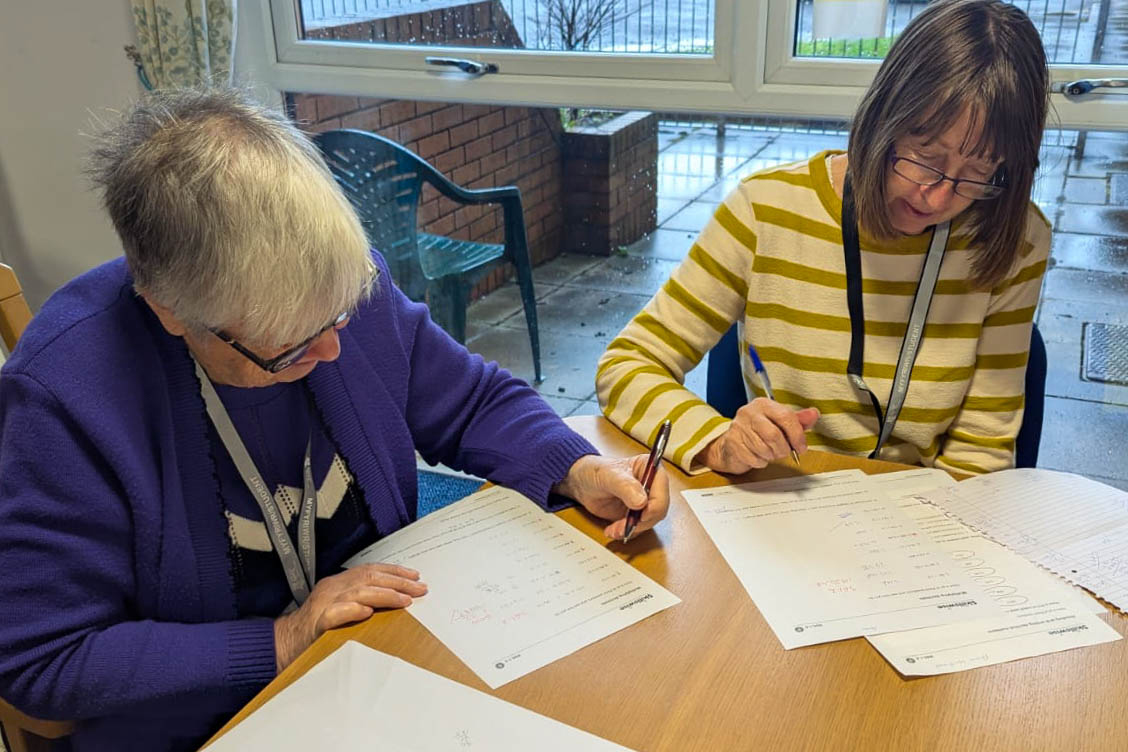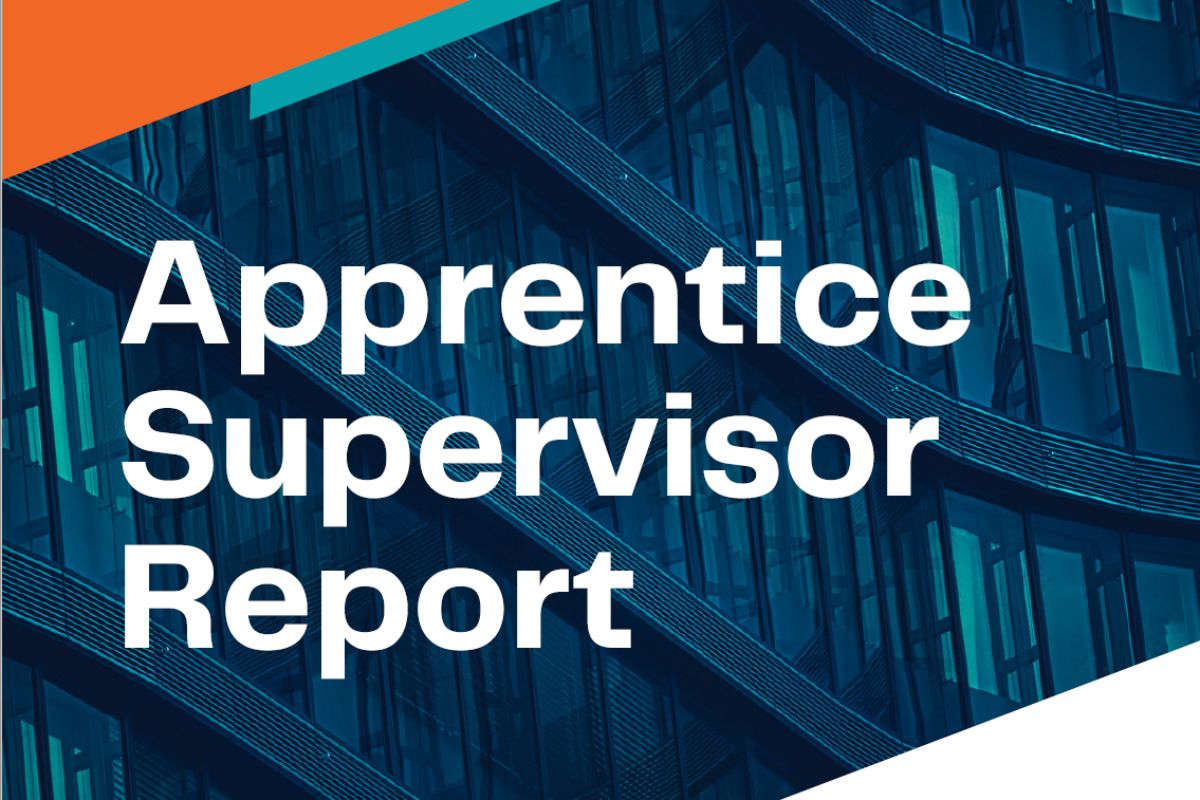Youth Voice Census 2024 Results: Anxiety, Discrimination, and Economic Pressures Impacting Young People’s Futures

Over 5,000 young people aged 11-30 completed the annual Youth Voice Census in 2024. This census is a deep dive into how young people in the UK feel about their lives, education and work experiences.
Key Findings:
- Mental Health in Crisis: Anxiety is at an all-time high, with 60% of young people reporting feelings of anxiety. Fear of falling behind in skills and opportunities exacerbates the mental health crisis, with anxiety now a top barrier to employment for 40% of respondents.
- Rising Discrimination and Harassment: Alarming rates of bullying and harassment persist, with 47% of those in education and 17% of young workers reporting personal experiences. Over 35% of young people cited discrimination as one of their top concerns for the country. Those with additional needs are sadly facing heightened discrimination and exclusion.
- Economic Worries Dominate: Financial pressures significantly impact young people’s decisions regarding education, training, and employment. 1 in 10 have skipped education due to financial constraints, while 72% of university students consider money-related issues a major source of stress.
- Fewer Opportunities for Enrichment: Contributing to a sense of isolation is the limited access to extracurricular activities. The biggest inequality in opportunities is for Black, African, Black British or Caribbean respondents, care experienced respondents, young people with additional needs, and those eligible for free school meals.
- Confidence in Employment Drops: Only 26% of young people in education reported being confident about their skills and employment prospects.
Founder of Youth Employment UK, Laura-Jane Rawlings, MBE, DL, said “Young people are feeling less positive about their future this year, with only 10% believing they can access quality work where they live. On top of this, they are being forced to compromise on safety, quality, cost or location to access education, training and employment opportunities. The sense of unfairness is being felt by all young people, whoever and wherever they are. Young people tell us that they don’t want to feel like this and actually would love nothing more than to have access to good opportunities; they just do not believe those opportunities exist for them.”
How Do We Support Our Young People?
As experts in the youth employment landscape, Youth Employment UK recommend the following actions:
Expand Access to Youth Provision – Local opportunities for enrichment and volunteering are vital for building confidence and resilience.
Improve Support Systems – Key transition points are when young people need the most support. Reducing barriers to mental health services, housing support and financial aid is vital during these stages.
Build a Hyper-Local Young Person’s Guarantee – Create quality training, apprenticeship, and employment opportunities at the local level, removing barriers such as transportation costs.
Encourage Employer Engagement – Employers should be encouraged to adopt the Good Youth Employment Standards, ensuring young people have access to quality work opportunities that foster development.











Responses